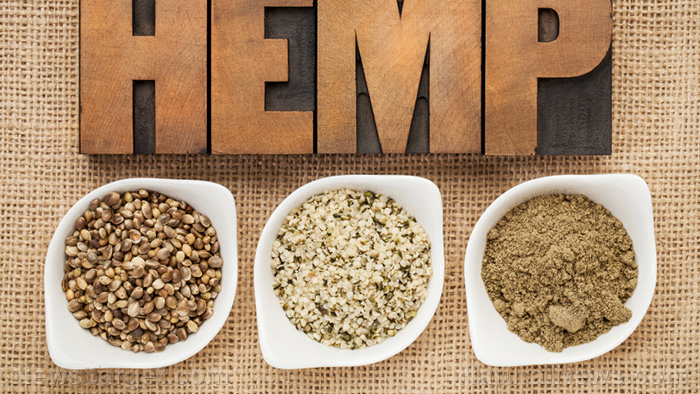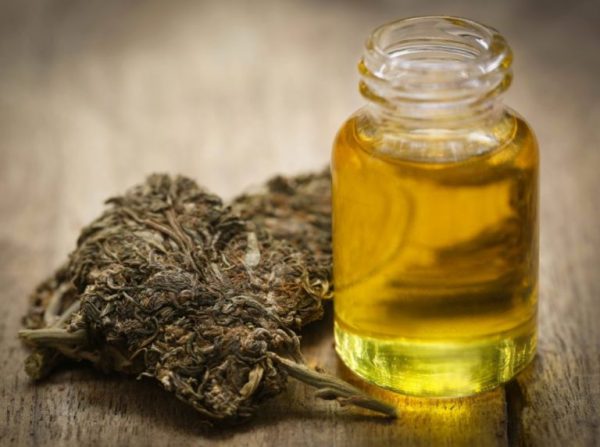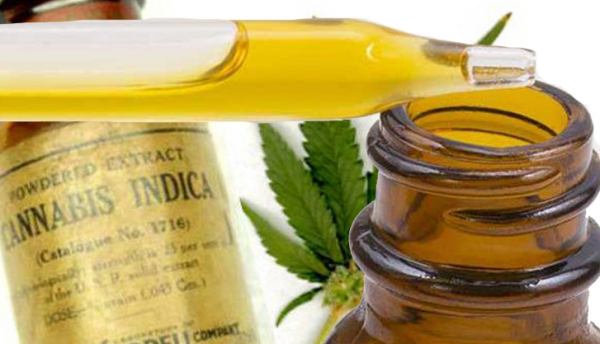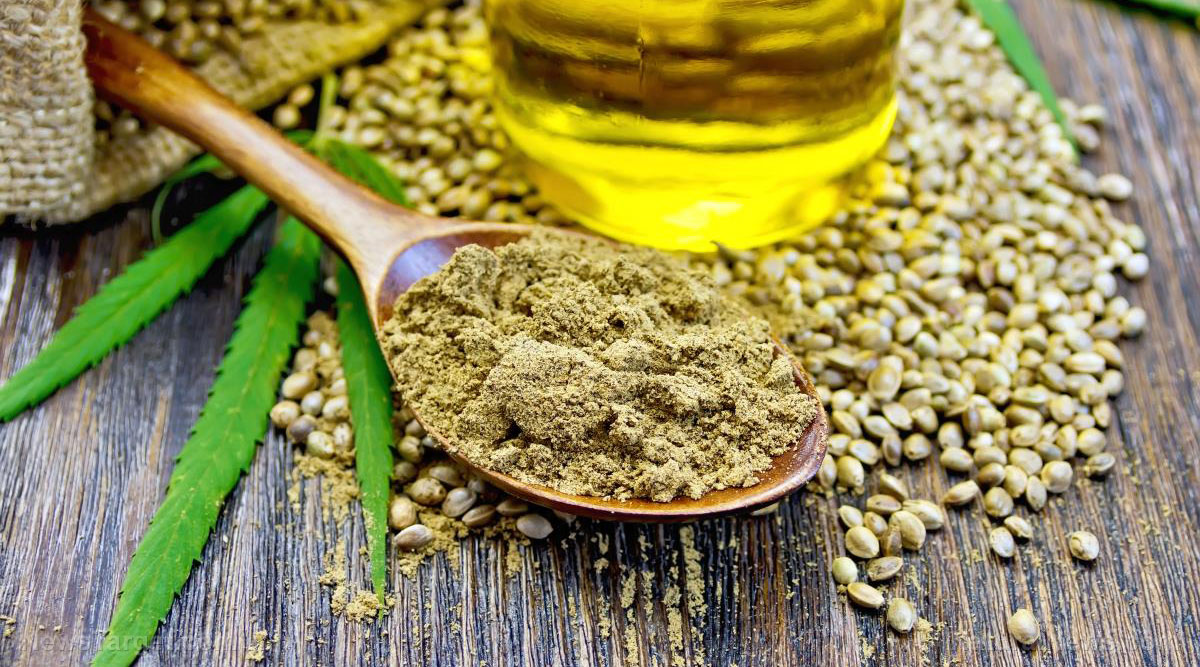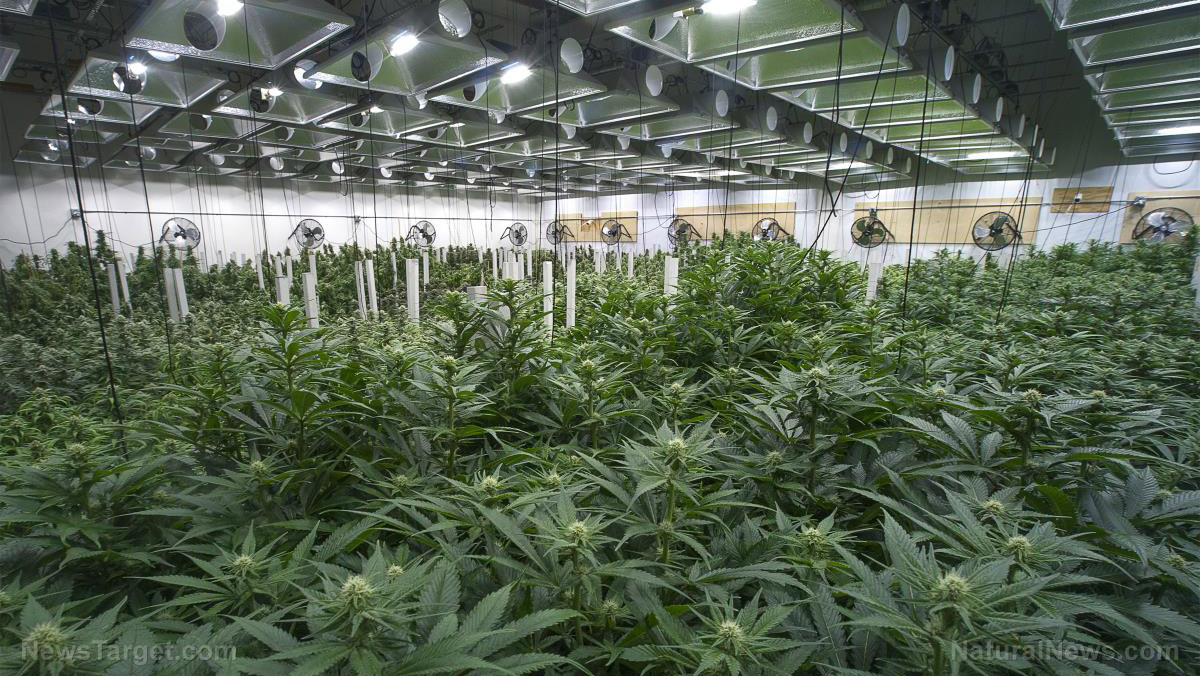Hemp is getting hotter, with help and harm from marijuana
11/09/2016 / By hempscience

Betsy Ross stitched the first American flag using hemp and actor Woody Harrelson was once threatened with jail time for growing the crop.
Article by Rachel Koning
Today, retailers from Whole Foods Market Inc. WFM, +2.00% to Wal-Mart Stores Inc. WMT, +0.44% sell bags of shelled organic hemp seed for snacking, BMW stuffs some of its car seats with hemp, a hemp derivatives exchange has launched and an advocacy group, GrowHempColorado, wants to tap cryptocurrency for hemp transactions.
Industrial hemp’s evolving story stands at a crossroads. The cash crop is simultaneously helped and hurt by rule changes impacting its better-known and controversial cannabis cousin, marijuana. But the hemp market has financial-services and farmer backing, especially in states that once grew tobacco and want to replace that revenue. It’s also an industry that’s still working out the economics between importing hemp and reviving a legal domestic market that was shut down by drug regulation.
Industrial hemp (basically the term for edible, wearable, buildable, non-pot cannabis) could benefit if these ballot measures show voters are more comfortable with marijuana, proponents said. Hemp is distinguished from marijuana by its use but also physical appearance (marijuana is coaxed to grow bushier and to bud) and its lower concentration of behavior-altering tetrahydrocannabinol or THC. But it’s also true that the ongoing health debate around marijuana doesn’t always help hemp’s U.S. case.
“National Hemp Association Chair Michael Bowman uses the comparison between beer brands O’Doul’s and Guinness. Both are beer, but one will not have an intoxicating effect on you,” said Joanne Lovato, direction of communications with the lobbying group. (That would be O’Doul’s.)
State marijuana initiatives have the potential to allow hemp cultivation under Farm Bill Section 7606 (passed in 2014), depending on how each state defines their statutes, said Lovato. NHA backed House and Senate bills (H.R. 525 and S. 134) that would have excluded industrial hemp from the definition of marijuana under the Controlled Substance Act, but the bills didn’t make it out of the last Congress.
Read: Marijuana industry finds unlikely spokespeople in athletes and parents
Federal change
The Agricultural Act of 2014, more commonly known as the Farm Bill, was a pivotal early step, say proponents. It allows states to grow hemp for research purposes and to build up a certified hemp seed bank after farmers register with the Drug Enforcement Administration. That’s because hemp, left to its own devices, can turn into pot, at which point the registered farmers alert the law enforcement officials who are supposed to know of the farmer’s hemp-growing status. The law change defined industrial hemp, which has the potential for thousands of products, including food, paper, textiles, cosmetics, wall board and cooking oil, as having less than 0.3% of THC compared to marijuana’s 10%-30%.
With that layer of federal regulation in place, there are 32 states that have voted for the legalization of cannabis in some form according to VoteHemp.com. The rules and regulations set between each of those states vary, Lovato said.
For instance, California’s Proposition 64 on Tuesday’s ballot is very similar to Colorado Amendment 64, which legalized both marijuana and industrial hemp in 2012, the NHA said. Arizona had an industrial-hemp farming initiative that didn’t make it onto the Nov. 8 ballot, the group said.
For now, interested states and Native American tribes lean on the federal “research” rules. Seven states—Colorado, Kentucky, Maryland, Minnesota, North Dakota, Rhode Island and Virginia—have approved the creation of both pilot/research and commercial programs. Many of the states that have legalized hemp cultivation for commercial purposes specify that state law doesn’t allow for violation of federal law. California, Indiana, Kentucky, Minnesota, Montana and Virginia have established a framework for regulating commercial hemp but still consider hemp illegal outside of research programs unless federal law changes.

Still, lobbying efforts continue to try to better align the U.S. rules with those in China, Canada and other big producers among the 30 nations that allow farmers to grow industrial hemp.
And growers may have demand on their side. NHA said the U.S. imports an estimated $300 million each year in commercial hemp products and raw hemp materials, making the U.S. the largest global hemp importer since 2004, according to industry data. The Hemp Industries Association estimates the total U.S. retail value of hemp products in 2013 at $581 million.
An old market is new again
Still, as producers and consumers warm up to hemp, a more seamless market is needed, farmers, cooperatives and wholesalers have said. In response, two Massachusetts Institute of Technology graduates aim to raise the financial sophistication of the market with a specialized derivatives exchange called Seed CX launched late-summer with regulatory approval. Volume has been light.
Read: Hemp derivatives platform fires up amid hope for looser rules
Brian Liston and Edward Woodford started hemp market exploration as a grad-school project but recognized “real world” potential based on “the [2014] regulatory shift, a market shift, including the need to replace tobacco farming, and a cultural shift embracing environmentally friendly crop rotation and eating habits,” Liston said.
With backing from growers sprouting up in tobacco-growing states led by Kentucky, the pair has launched an exchange that will first allow stakeholders to use swaps to lock in advanced pricing that can improve the supply chain between farmer, cooperative, elevator, wholesaler and retailer, especially as the industry works on improving consistency in the grading-quality system, or certification of the hemp seeds. That’s important to this market—”a bit like how the gold market is based on purity level,” said Woodford.
Hemp oil extraction and seed collection are the bigger and more profitable market areas, Liston said in an interview. Hemp fiber, for which processing is more complex, for now makes more economical sense as an import.
Seed CX is backed by a consortium of farming groups and exchange market-liquidity providers (although said it is still courting more). The company had raised $4.5 million in outside investment as of September, according to Crain’s Chicago Business.
Their exchange is the first of its kind and begs the question: why have traditional exchanges, including major commodities exchange CME Group, overlooked this market?
Woodford believes the lingering friction between the federal stance and state compliance as well as the residual association with marijuana has turned off some big derivatives exchanges. “We can navigate through that,” he said. “It is a young market and so it’s early on the adoption side and we like that.”

In addition to the derivatives exchange, more processing facilities will be needed to create a profitable production path for growers, said Bill Hilliard, CEO and general counsel at Atalo Holdings, a hemp cooperative in Winchester, Ky., and a hemp farmer in that region, during a presentation in Chicago. Kentucky had its state-level regulations preapproved in anticipation of the 2014 federal Farm Bill approval. But Hilliard said it’s not only old tobacco states that can and should grow hemp. Rather, hemp could rotate with more traditional crops.
“We think this is where corn was 60 years ago, a new serious crop for the American farmer,” Hilliard said. “And every piece of this high-protein plant can be used.”
Read more at: marketwatch.com




